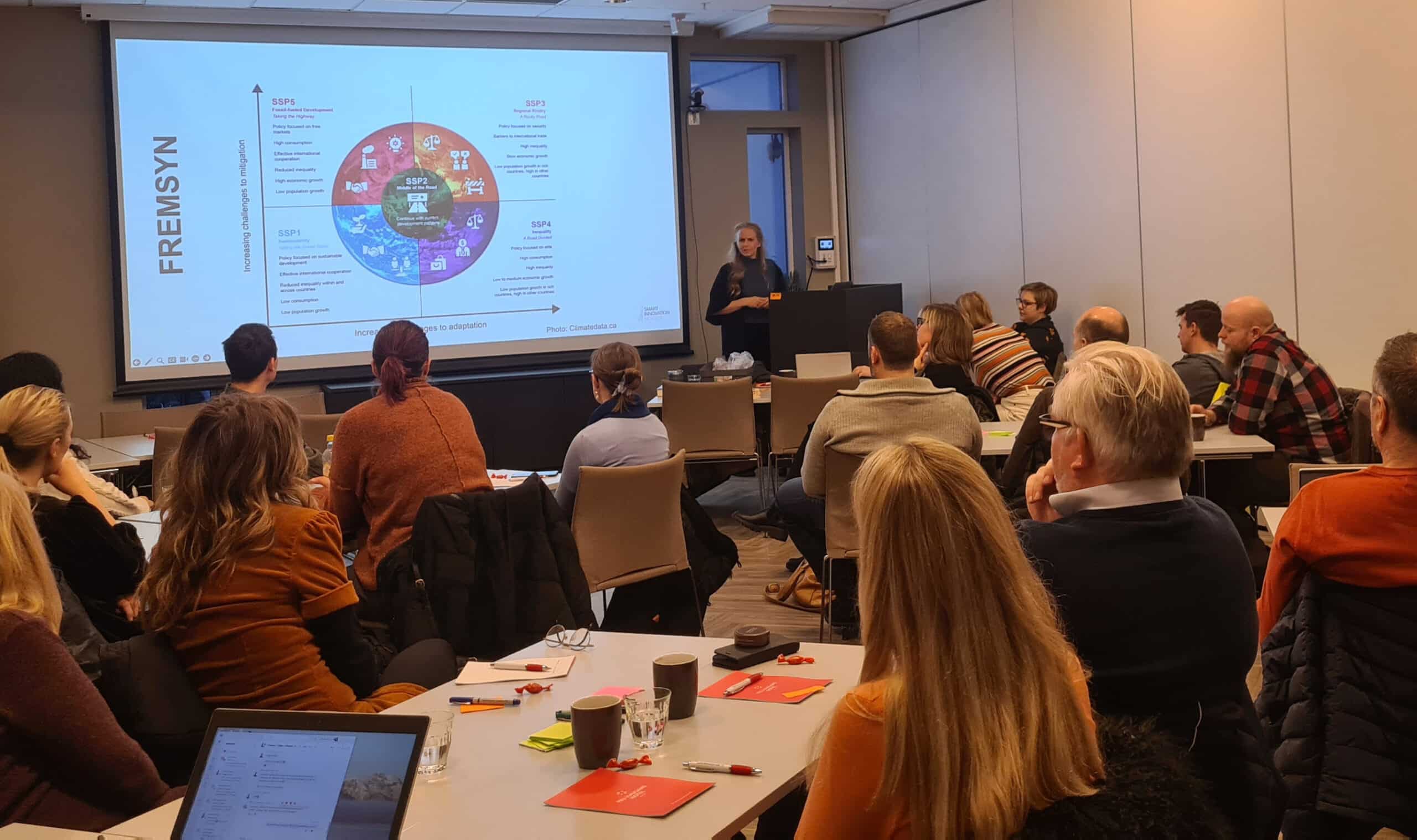Municipalities and businesses are mandated to develop climate plans, budgets, accounts, and contingency plans for a changing climate. Such work necessitates expertise and capacity within the organizations. Smart Innovation Norway offers workshops where participants explore potential scenarios and learn how to work comprehensively and systematically with climate risks.
To achieve an effective organizational transition regarding climate action, all involved parties must share a common understanding of the risk factors, potential scenarios, risk assessment, and necessary actions.
– Ensuring Broad Anchoring
Smart Innovation Norway employs a research-based method to create future scenarios based on those described by the Intergovernmental Panel on Climate Change (IPCC). FNs klimapanel (IPCC).
IPCC scenarios consider not only temperature rise but also socio-economic factors. They assist municipalities in ensuring climate adaptation and mitigation measures across municipal functions, sectors, and areas of responsibility.
Foresight is a recognized method that prompts participants to reflect on and describe their future vision. Through glimpses into possible realities, one can better assess which decisions and actions are necessary today, and Smart Innovation Norway has extensive experience with this method.
Workshops work very well as a working method. They establish a common platform and understanding from which to discuss and work, and businesses and municipalities have brought ideas back to their operations. This further promoted inter-municipal cooperation around planning and business development.
Feedback after completed workshop in Nord-Troms
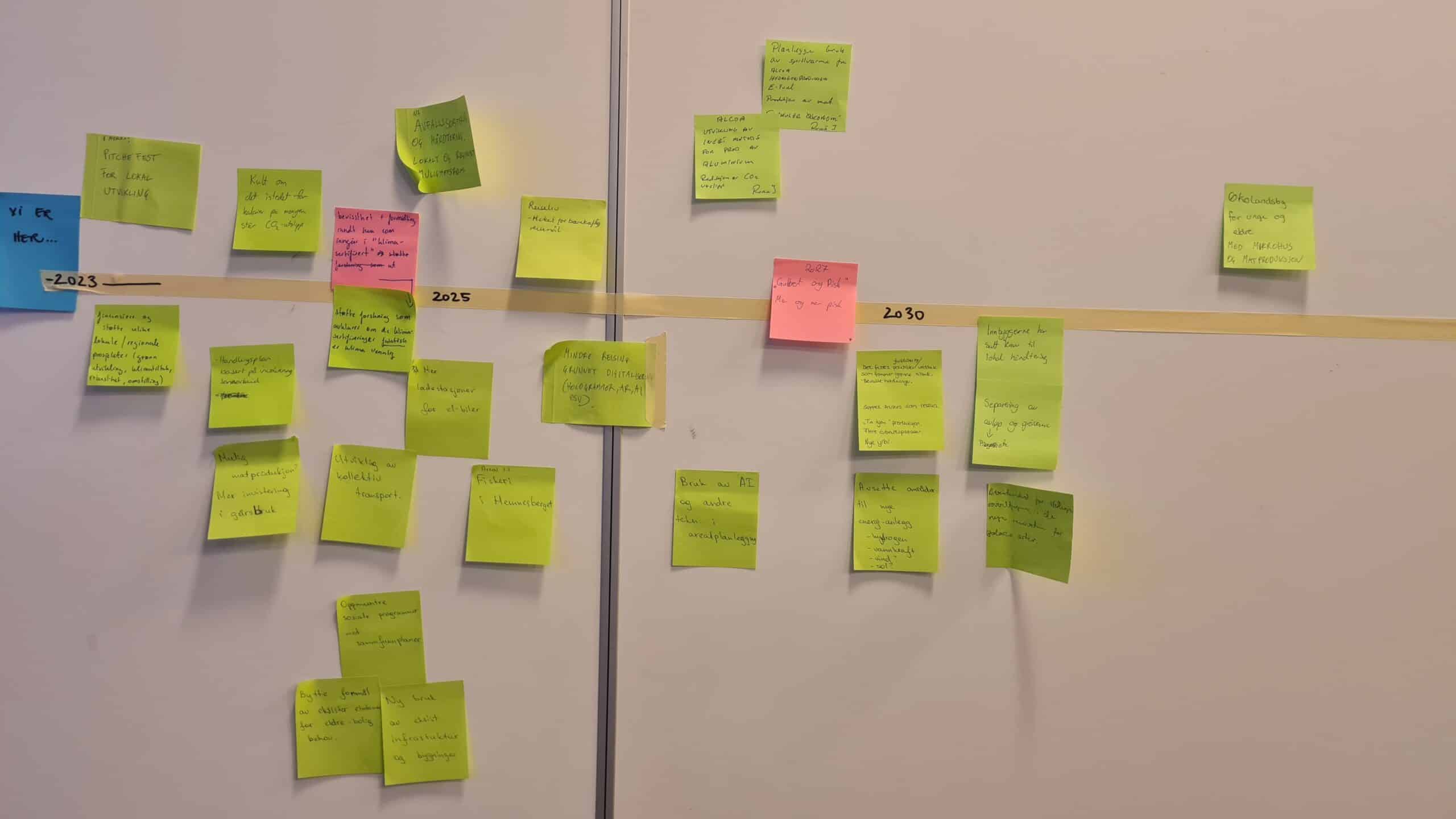
In 2023, Smart Innovation Norway conducted seminars in various parts of the country, with 11 municipalities participating. In addition, business associations and representatives from voluntary organizations participated.
– Our goal is to ensure broad anchoring in municipalities and the business community, and we achieve this best when representatives from as many actors as possible participate, says Brita Staal, who leads climate work at Smart Innovation Norway.
Various Scenarios
During the workshop, the participants go through multiple scenarios using foresight to create a cross-sectoral understanding of climate risk for the municipality as the responsible authority, businesses, and the community in the region.
The main goal is for the participants to create collaborative projects that contribute to the transformation or adaptation of their communities.
The method can be summarized as follows:
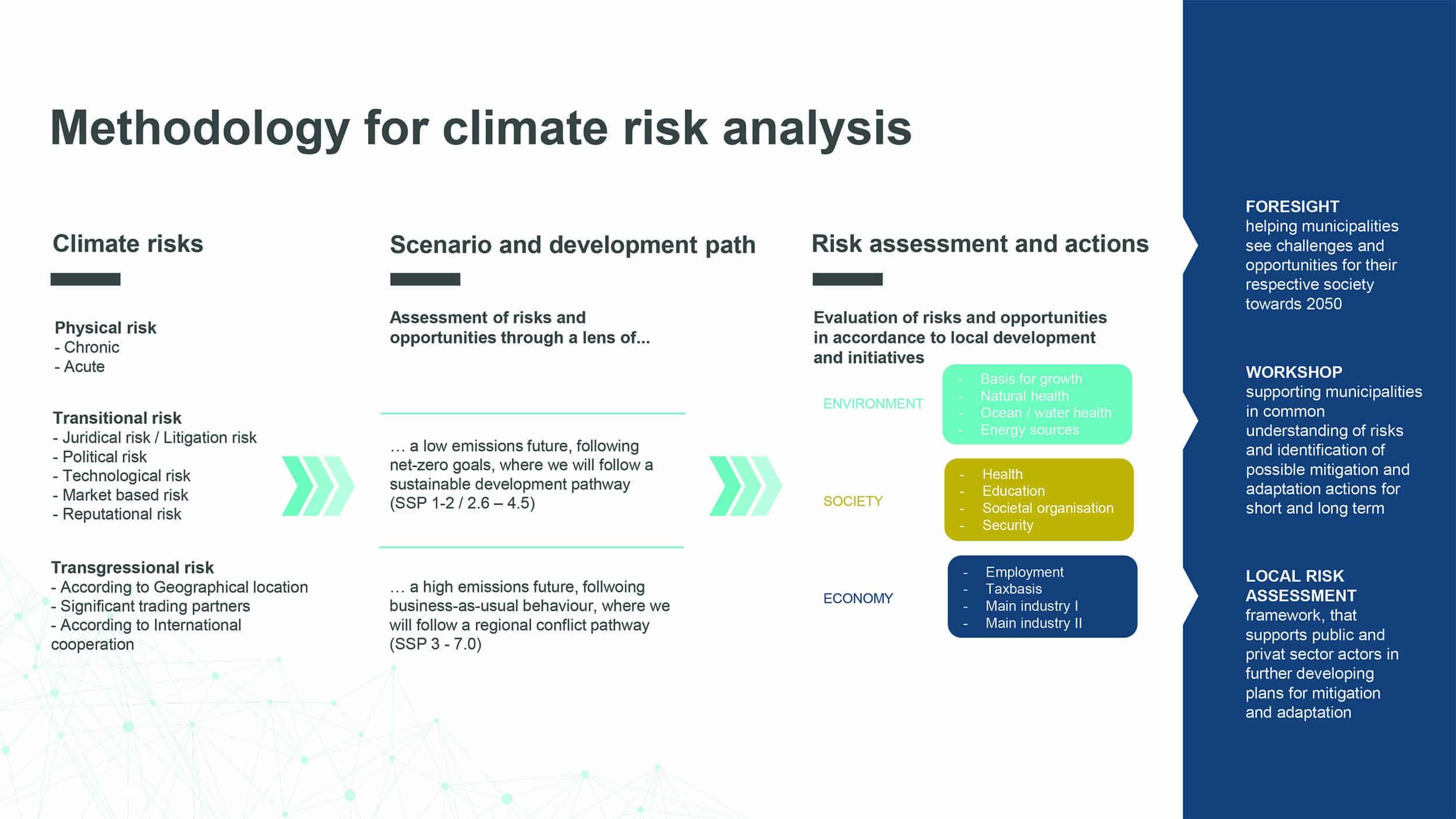
Basic Introduction
The seminar provides a basic introduction to climate risk within the environment, society, and economy, and the participants gain insight into various transition factors relevant to 2050. This enables stakeholders to plan better and gain support for plans across sectors and functions.
Advantages of Comprehensive and Systematic Climate Work:
- Understanding climate risk is crucial for the municipality's planning and follow-up of plans, including the Planning and Building Act and the National Guide for Climate Budgeting and Management.
- A common understanding of how climate work affects the municipality and its key industries and functions.
- Capacity building and increased mutual understanding to lead to better collaboration across the organization and synergies with other actors. Identifies standard measures in the public and private sectors.
- Identifying standard measures in the public and private sectors.
- Increased opportunities to receive support for climate transformation or adaptation measures from state funding sources.
Practical Information:
Duration: 1 working day
Duration: Digital or physical
Scope: 60 hours divided between two consultants (including preparation, knowledge base, foresight production, seminar, and follow-up)
Brief Description:
– Participants are presented with two future scenarios through storytelling based on projections from the IPCC. How will climate, nature, people, and businesses be affected right where you are?
– The first scenario visualizes the future as it will be if we continue at the same pace as today. Here, participants are made aware of the enormous challenges we may face.
– In the second scenario, we visualize a future where we have achieved our climate and nature goals. Here, the opportunities ahead of us if we can accomplish these goals are shown.
– Participants then work across silos, departments, and agencies to identify what this means for each and everyone and what actions are required.
Contact information
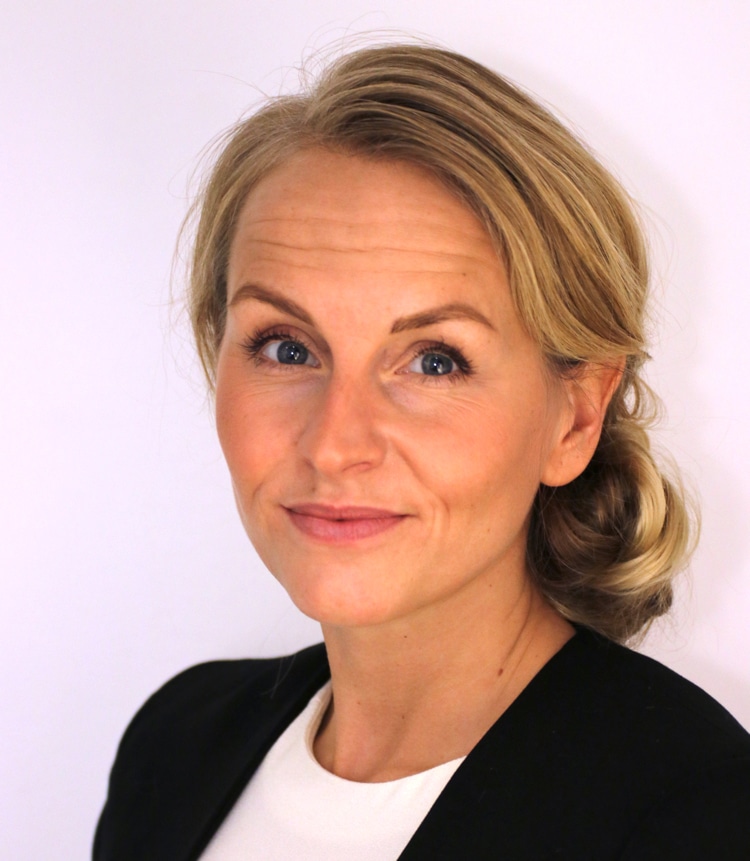
Brita Staal
Mail: brita.staal@smartinnovationnorway.com
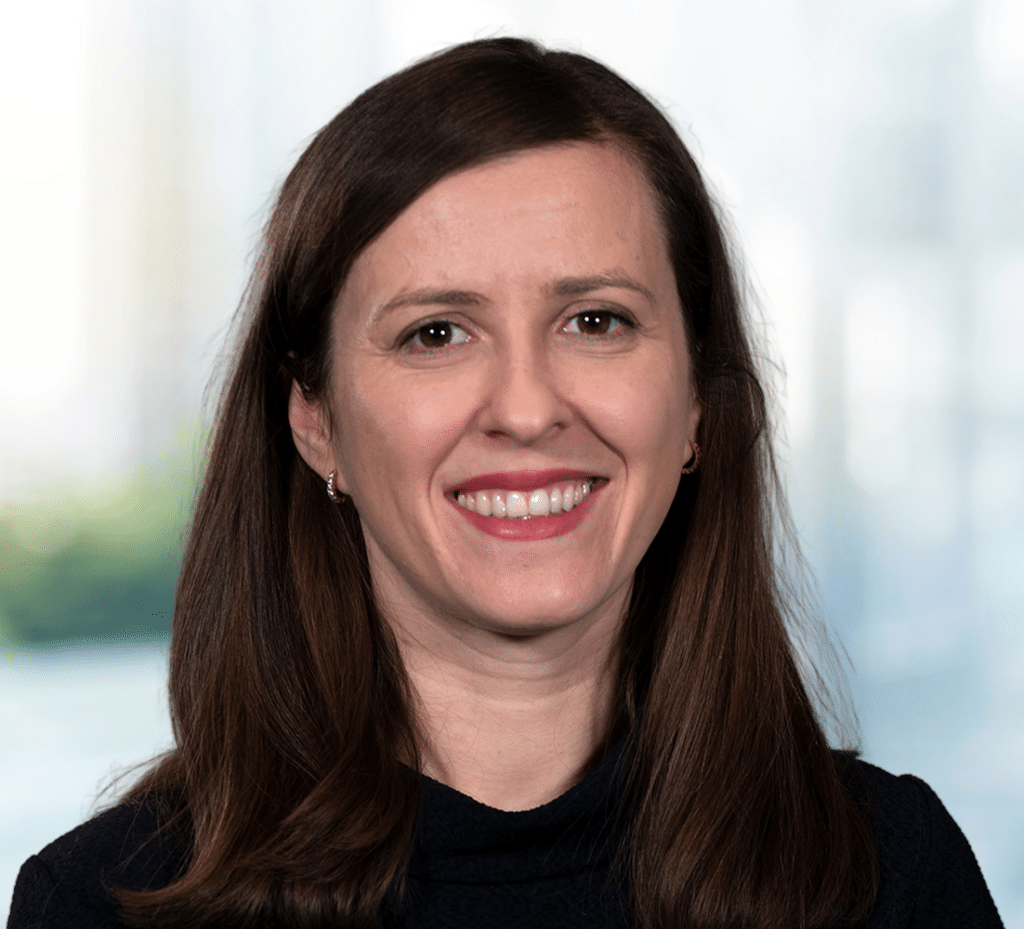
Manuela Freté
Mail: manuela.frete@smartinnovationnorway.com
Phone:+47 46805749

